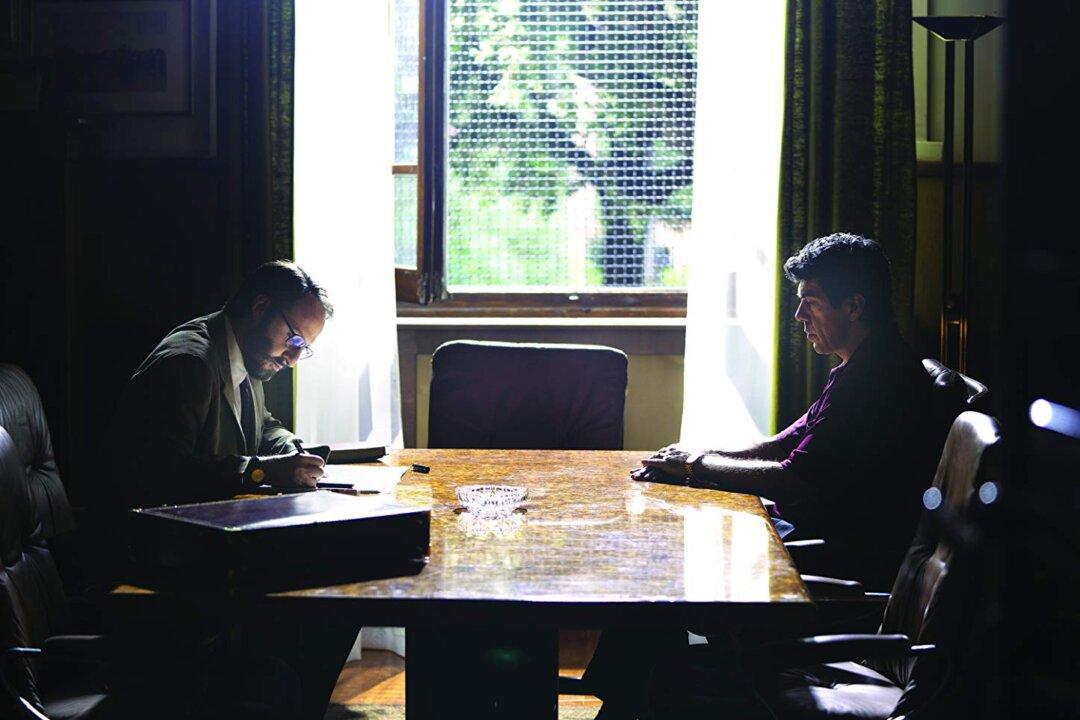R | 2h 25min | Biography, Crime, Drama | 31 January 2020 (USA)
Turncoat, snitch, squealer, fink, pentito, stoolie—in underworld circles there are many devious types of characters, but there are no roles that are more maligned than that of the rat.

R | 2h 25min | Biography, Crime, Drama | 31 January 2020 (USA)
Turncoat, snitch, squealer, fink, pentito, stoolie—in underworld circles there are many devious types of characters, but there are no roles that are more maligned than that of the rat.